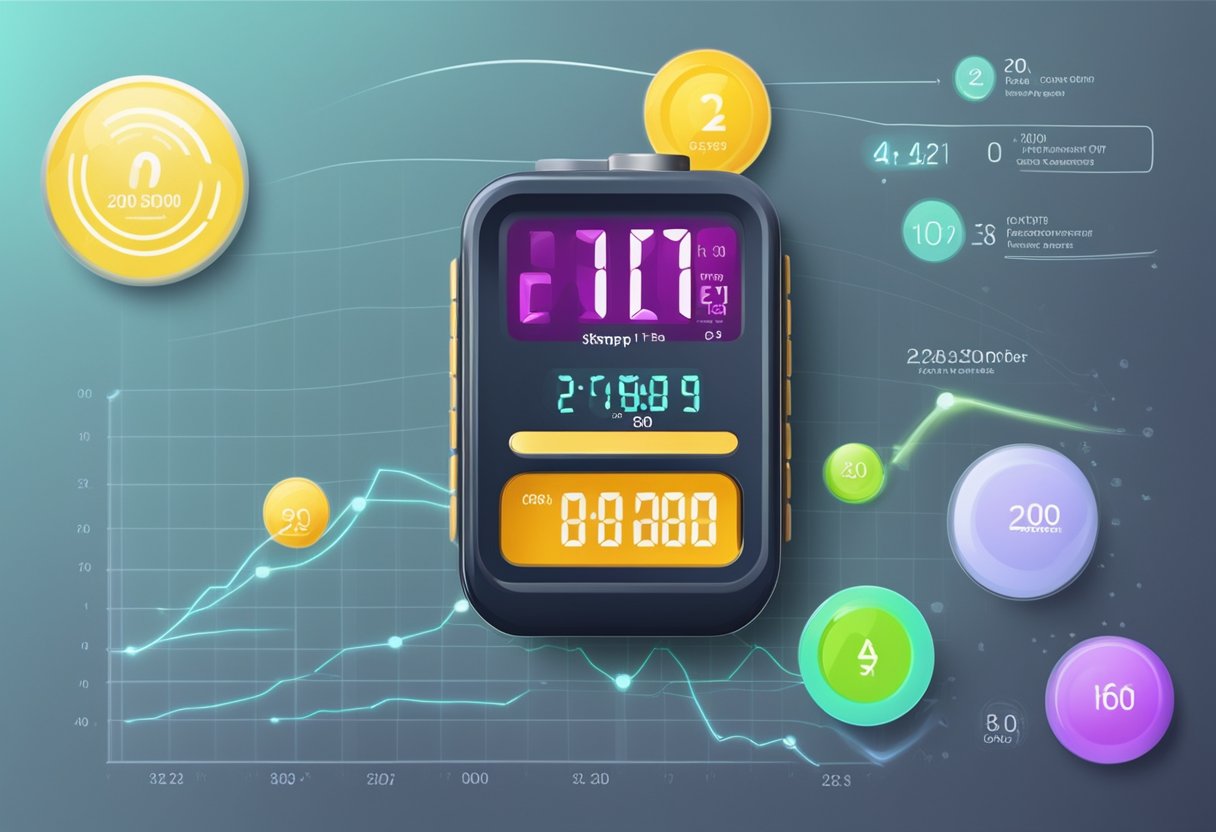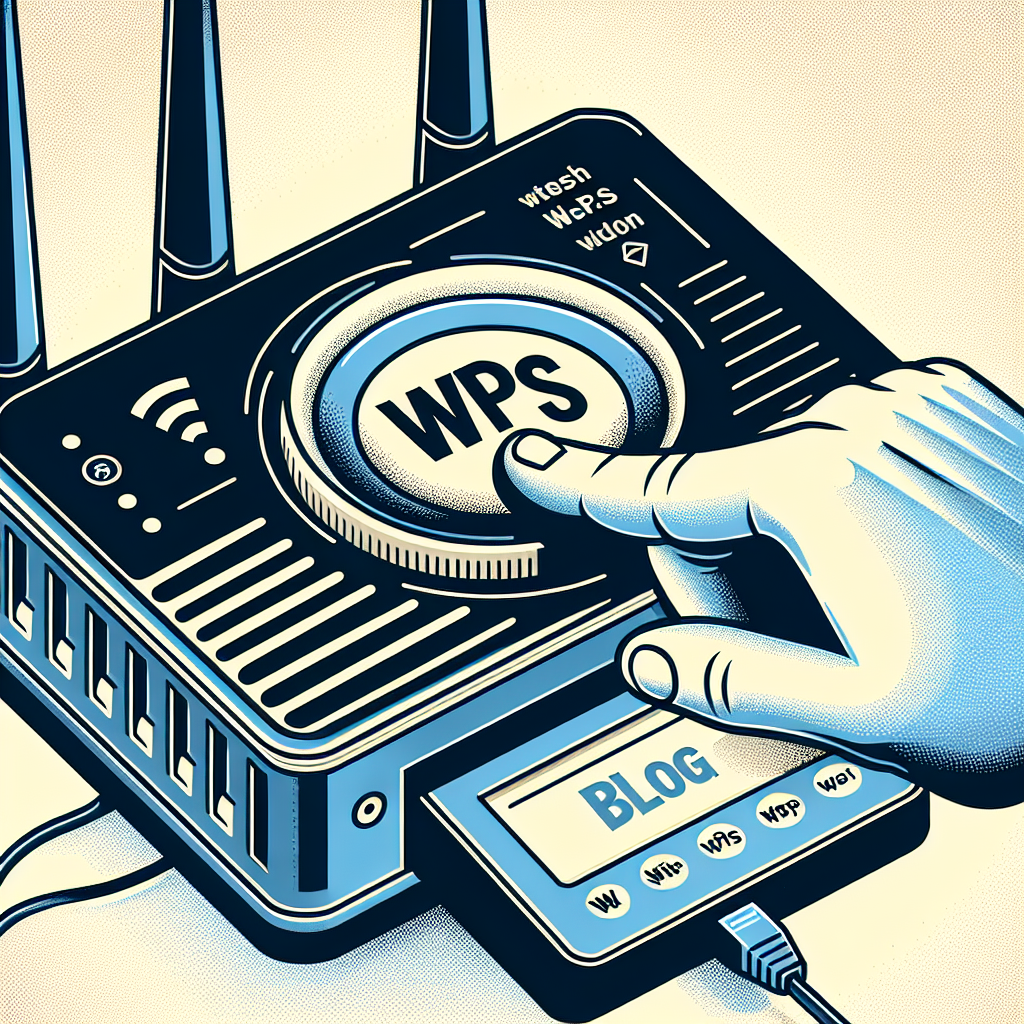Understanding Blood Pressure: How High Can It Go?
Explore the critical limits of blood pressure levels and understand how high is too high with detailed insights and guidelines.

What Is Blood Pressure?
Blood pressure is the force exerted by circulating blood against the walls of blood vessels. It is measured using two readings: systolic (pressure during heartbeats) and diastolic (pressure when the heart rests between beats). Understanding these readings is essential for determining what is considered a healthy blood pressure level.
How High Can Blood Pressure Be? The Limits Explained
In medical standards, blood pressure readings are categorized as follows:
- Normal: Less than 120/80 mmHg
- Elevated: Systolic between 120-129 and diastolic less than 80 mmHg
- Hypertension Stage 1: Systolic between 130-139 or diastolic between 80-89 mmHg
- Hypertension Stage 2: Systolic 140 or higher or diastolic 90 or higher
- Hypertensive Crisis: Systolic over 180 and/or diastolic over 120 mmHg
The question 'wie hoch darf der Blutdruck sein' (how high can blood pressure be), typically leads us to focus on the hypertensive crisis threshold. Blood pressure above 180/120 mmHg is considered a medical emergency, requiring immediate attention.
What Causes High Blood Pressure?
Many factors contribute to elevated blood pressure, including:
- Genetics: Family history can increase the risk.
- Diet: High sodium intake and low potassium can affect blood pressure.
- Obesity: Excess weight puts additional strain on the heart.
- Physical Inactivity: Lack of exercise is linked to higher blood pressure.
- Stress: Chronic stress can lead to increased blood pressure levels.
Symptoms of High Blood Pressure
Often referred to as the “silent killer,” high blood pressure does not usually present noticeable symptoms. However, extremely high levels may lead to symptoms such as:
- Severe headaches
- Nosebleeds
- Fatigue or confusion
- Vision problems
- Chest pain
- Difficulty breathing
If you experience these symptoms, especially if your reading is above 180/120 mmHg, it's crucial to seek medical help.
Regulating High Blood Pressure
Maintaining blood pressure within a healthy range requires lifestyle modifications and, in some cases, medication. Consider the following strategies:
- Dietary Changes: Adopting the DASH (Dietary Approaches to Stop Hypertension) diet, rich in fruits, vegetables, and whole grains while low in saturated fat and cholesterol.
- Regular Exercise: Engaging in at least 150 minutes of moderate exercise each week can significantly lower blood pressure.
- Avoiding Tobacco and Limiting Alcohol: Both substances can raise blood pressure, so quitting smoking and limiting alcohol intake are essential.
- Stress Management: Techniques such as yoga, meditation, and deep breathing can help reduce stress-related hypertension.
- Medication: For some individuals, doctors may prescribe antihypertensive medications to help control blood pressure.
When to Seek Medical Advice
If you regularly experience blood pressure readings above 130/80 mmHg, it is essential to consult your healthcare provider. They can help determine if lifestyle changes, further testing, or medication is needed.
Conclusion
So, when asking 'wie hoch darf der Blutdruck sein', it is crucial to understand the standards of blood pressure classification. The critical threshold of hypertensive crisis, exceeding 180/120 mmHg, necessitates immediate medical intervention. Regular monitoring and proactive lifestyle changes can help maintain a healthy blood pressure level. Remember, managing your blood pressure is key to ensuring long-term health and preventing serious health issues.
New posts

Understanding Normal Pulse Rates: What Is a Normal Pulse?
Fitness

Understanding Ruhepuls 60: A Guide to Optimal Heart Rate
Fitness

Understanding Ruhepuls 45: The Ideal Resting Heart Rate for Your Health
Fitness

Understanding Normal Pulse Pressure: What You Need to Know
Lifestyle

Low Blood Pressure and Trembling: Understanding the Connection
Wellness

Understanding Low Blood Pressure at Night: Causes, Symptoms, and Management
Wellness

Understanding Pulsdruck: Key Insights into Your Blood Pressure Dynamics
Wellness

Understanding Why You Might Experience Niedriger Blutdruck
Lifestyle

Navigating Low Blood Pressure and High Pulse: Key Insights
Wellness

Understanding Ruhepuls 40: What It Means for Your Health
Fitness
Popular posts

Understanding Low Blood Pressure and Tiredness: Insights and Solutions
Lifestyle

Understanding Low Blood Pressure with High Pulse Rate
Wellness

Understanding Normal Blood Pressure: A Deep Dive
Wellness

Effective Strategies for Managing Heart Palpitations: What to Do When Experiencing Herzrasen
Lifestyle

Recognizing the Symptoms of High Blood Pressure
Wellness

What to Do When You Have a High Heart Rate
Lifestyle

Understanding Low Blood Pressure: What Does the Lower Value Mean?
Wellness

Understanding Blood Pressure: What Does 110 Over 70 Mean?
Lifestyle

Understanding High Pulse and Low Blood Pressure: Causes and Solutions
Management

Effective Remedies for Low Blood Pressure
Lifestyle